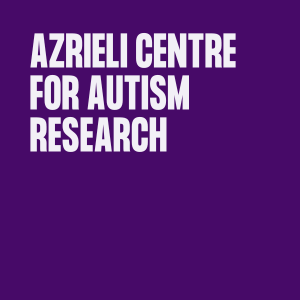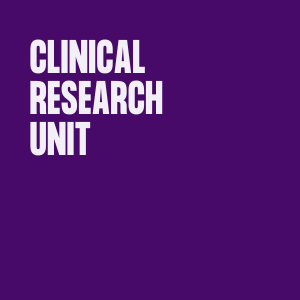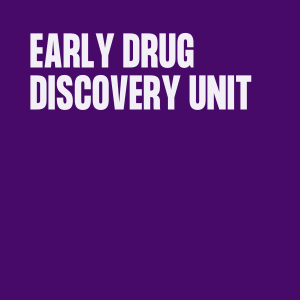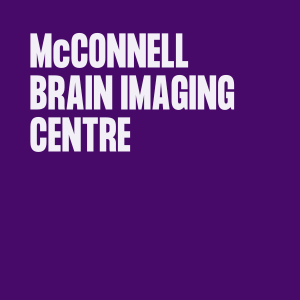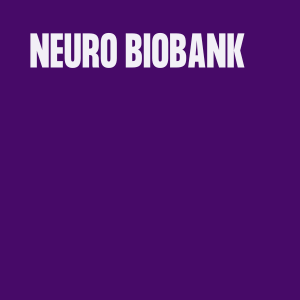
Our laboratories are developing new models to unravel the mysteries of the brain and disease mechanisms, as well as new therapeutic tools. As a world leader in neuroscience research, The Neuro leads national and international data-sharing partnerships.
Encouraging excellence in research
The Neuro is at the centre or diverse research initiatives, spanning areas such as cognitive neuroscience, neuroinformatics, neuroengineering, and neurobiology, highlighting interdisciplinary collaborations and cutting-edge discoveries.

